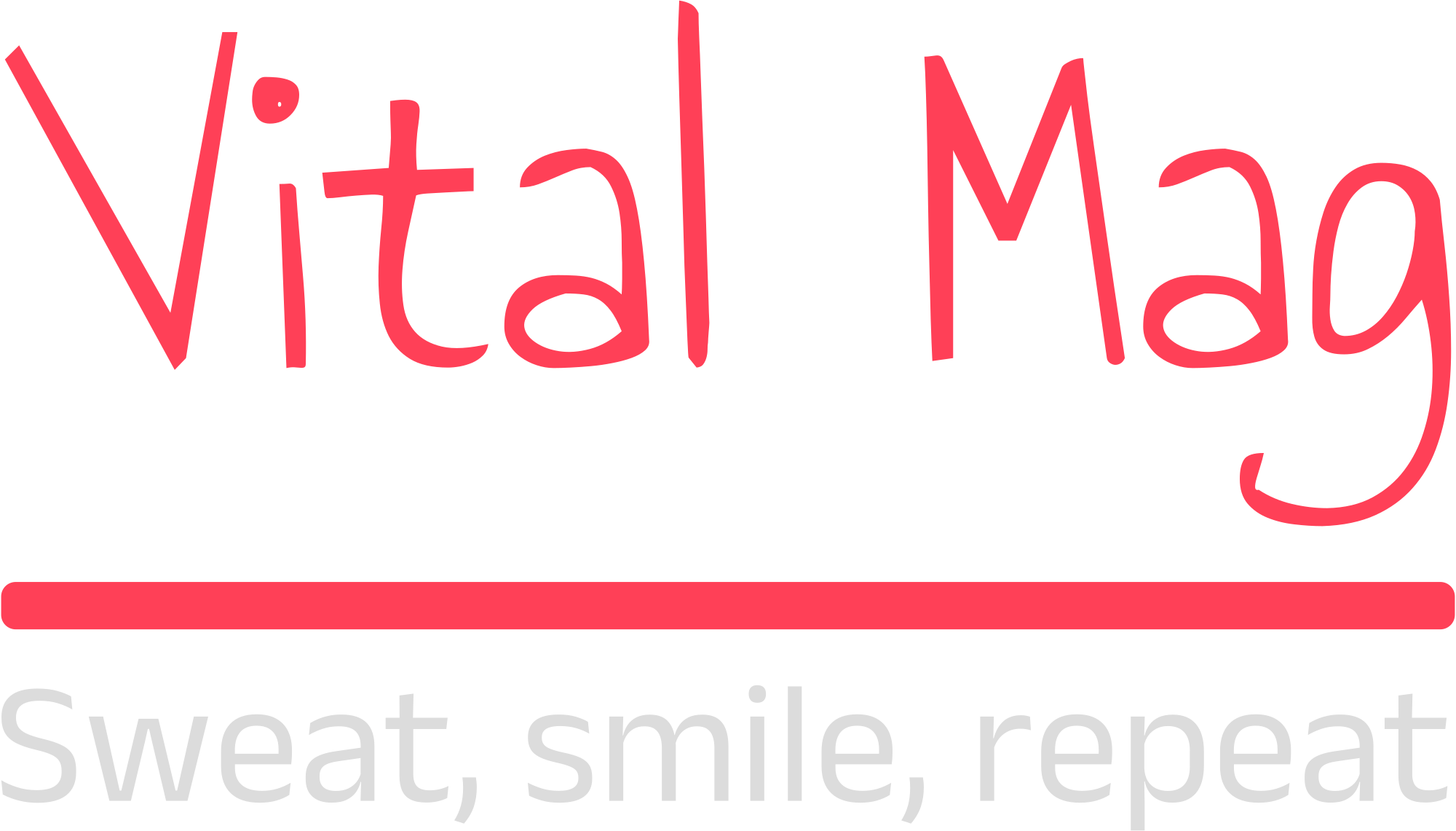As a seasoned dental expert, I’ve encountered a myriad of common dental issues that many individuals face. From cavities to gum disease, these problems can significantly impact one’s oral health if left unaddressed. In this article, I’ll delve into eight prevalent dental issues that people often encounter and provide practical tips on how to prevent them.
Maintaining good oral hygiene is crucial in preventing these dental issues. By incorporating simple yet effective habits into your daily routine, you can safeguard your teeth and gums from potential problems down the line. From proper brushing techniques to regular dental check-ups, I’ll share valuable insights on how you can take proactive steps to avoid these common dental issues.
Understanding Dental Health
The Importance of Oral Hygiene
As a dental expert, I prioritize educating individuals on the significance of maintaining excellent oral hygiene. Proper oral hygiene practices are crucial in preventing various dental issues such as cavities and gum diseases. By brushing at least twice a day and flossing regularly, you can effectively remove plaque buildup, which is a common cause of dental problems. Additionally, using mouthwash and tongue scrapers can further enhance your oral hygiene routine.
Routine Dental Check-Ups
Regular dental check-ups play a pivotal role in preventing and addressing dental issues early on. I recommend visiting your dentist at least twice a year for comprehensive oral examinations. During these check-ups, your dentist can detect any potential problems, such as cavities or early signs of gum disease, and provide appropriate treatment promptly. These routine visits not only aid in maintaining good oral health but also help in preventing more serious dental issues in the long run.
8 Common Dental Issues
Cavities and Tooth Decay
Cavities, also known as tooth decay, are a prevalent dental issue that occurs when bacteria in the mouth produce acids that erode the enamel of the teeth.

To prevent cavities, I recommend brushing your teeth at least twice a day with fluoride toothpaste, flossing daily, and limiting sugary snacks and beverages. Regular dental check-ups are crucial for early detection and treatment of cavities to maintain optimal oral health.
Gum Disease (Periodontitis)
Gum disease, specifically periodontitis, is a serious infection of the gums that can damage the soft tissue and bone supporting the teeth. To prevent gum disease, it’s essential to practice good oral hygiene, including brushing and flossing regularly, using an antiseptic mouthwash, and scheduling routine dental cleanings. Search online for the keyword family dentist near me to find a reputable professional who can help prevent or treat dental issues.
Oral Cancer
Oral cancer can affect the lips, mouth, throat, and tongue, highlighting the importance of regular dental exams for early detection. To reduce the risk of oral cancer, I recommend avoiding tobacco products, limiting alcohol consumption, and incorporating a diet rich in fruits and vegetables. Early diagnosis of oral cancer significantly improves treatment outcomes, underscoring the necessity of routine dental check-ups.
Tooth Sensitivity
Tooth sensitivity, characterized by discomfort when consuming hot, cold, sweet, or acidic foods, can be caused by various factors such as exposed dentin or enamel erosion. Prevent tooth sensitivity by using a soft-bristled toothbrush, desensitizing toothpaste, and avoiding acidic foods and drinks. If tooth sensitivity persists, consult your dentist for personalized treatment options to alleviate discomfort and protect your oral health.
Bad Breath (Halitosis)
Halitosis, commonly known as bad breath, can result from poor oral hygiene, underlying medical conditions, or diet. Prevent bad breath by maintaining excellent oral hygiene practices, including brushing your teeth, tongue, and gums, regularly, using a tongue scraper, and staying hydrated. If persistent bad breath persists despite proper oral care, consult your dentist to rule out any potential dental issues contributing to halitosis.
Tooth Erosion
Tooth erosion occurs when the enamel on the teeth wears away due to acid exposure, leading to weakened and sensitive teeth.

Prevent tooth erosion by limiting consumption of acidic foods and beverages, rinsing your mouth with water after meals, and using a straw when drinking acidic beverages. Dental check-ups are vital to monitor tooth erosion and implement preventive measures to safeguard your dental health.
Dry Mouth (Xerostomia)
Xerostomia, commonly known as dry mouth, can be caused by factors like medications, medical conditions, or lifestyle habits. To alleviate dry mouth symptoms and prevent oral health issues associated with reduced saliva flow, I suggest staying hydrated, chewing sugar-free gum, and using moisturizing oral rinses. Discussing medication side effects with your healthcare provider can help address dry mouth concerns effectively.
Jaw Pain
Jaw pain can result from temporomandibular joint (TMJ) disorders, teeth grinding (bruxism), arthritis, or injury. It can affect your ability to chew, speak, and even yawn comfortably. TMJ disorders can cause pain in the jaw joint and surrounding muscles, leading to headaches, earaches, and facial pain.
Prevention Strategies
Daily Oral Care Tips
Incorporating a consistent dental hygiene routine is key to preventing common dental issues. I recommend brushing your teeth at least twice a day with fluoride toothpaste to remove plaque that leads to cavities and gum disease. It’s important to use a soft-bristled toothbrush and replace it every three months or sooner if the bristles fray.
Diet and Dental Health
Maintaining a balanced diet not only benefits your overall health but also plays a significant role in preventing dental problems. I suggest limiting sugary and acidic foods as they can erode tooth enamel and contribute to cavities. Opt for calcium-rich foods like dairy products and leafy greens to strengthen teeth and maintain oral health.
Professional Dental Treatments
Regular visits to the dentist are essential for preventive care. Professional cleanings help remove plaque and tartar buildup that cannot be addressed through regular brushing alone. Additionally, dental exams can detect early signs of dental issues such as cavities and gum disease, allowing for timely intervention and treatment. I recommend scheduling dental check-ups at least twice a year to maintain optimal oral health.

Meet Sally, the health blogger who believes that laughter really is the best medicine, except when it comes to treating a hangnail. Sally’s approach to wellness involves a healthy dose of humor, mixed with practical advice that doesn’t take itself too seriously. Whether she’s discussing the virtues of kale smoothies or her latest attempt at meditating without falling asleep, Sally’s blog is your go-to for a giggle and genuine health tips.

